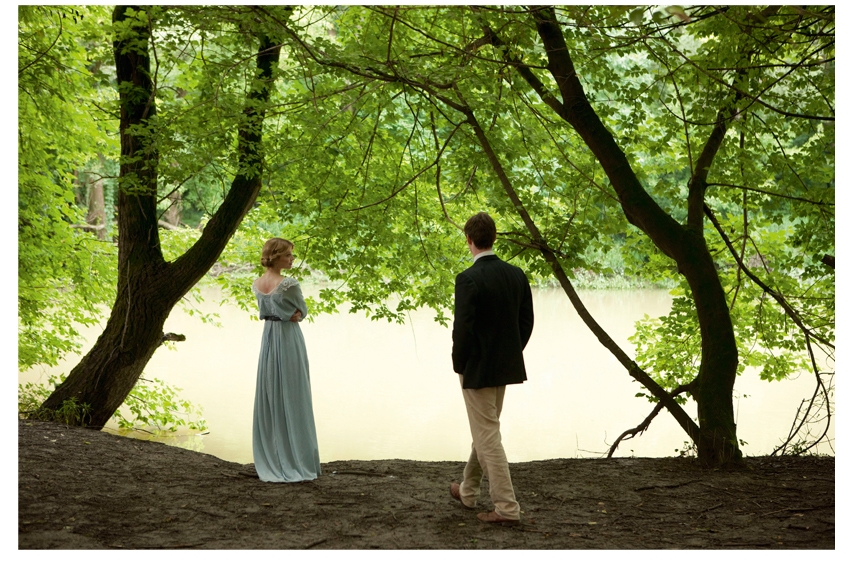My grandfather served in the trenches, but he declined to talk about it. I suppose the horrors had been insupportable. If he had lived day and night with those memories, it might have destroyed the life he built up at home, as a headmaster in a mill town near Manchester. Recently one of his pupils, now very old herself, wrote to me and recalled that he was fair, but very firm. ‘He caned me a few times!’ she wrote, yet seems to have regarded him highly. It opened a window into an alien world, in which a thoroughly decent, respected man might cane a young girl, both regarding it as his duty.
That is one of the problems that is always going to hover over Birdsong (BBC1, Sunday), Sebastian Faulks’s endlessly popular novel. (On the London Tube it has always been as ubiquitous as Captain Corelli’s Mandolin; I have yet to see anyone reading, for example, London Fields by Martin Amis.) It deals with all our main obsessions: love, death and, to some extent, money. And I know of no fiction that so vividly evokes the killing fields, that tells you precisely what it was like to be there, not even All Quiet on the Western Front, and Remarque actually was there.
By contrast, we know all about the life of the upper classes: their rustling bustles are almost as familiar as our own clothes, and the rich man raging at the striking workers is pretty well obligatory in every costume drama up to the middle of the last century. But then we switch to the trenches, and the world there is medieval Japan, or the dark side of the moon, having little to do with the mythic bravery and reserve of Journey’s End, the helpless sarcasm of Oh! What a Lovely War, and the jokey heroics of Blackadder.







Comments
Join the debate for just £1 a month
Be part of the conversation with other Spectator readers by getting your first three months for £3.
UNLOCK ACCESS Just £1 a monthAlready a subscriber? Log in